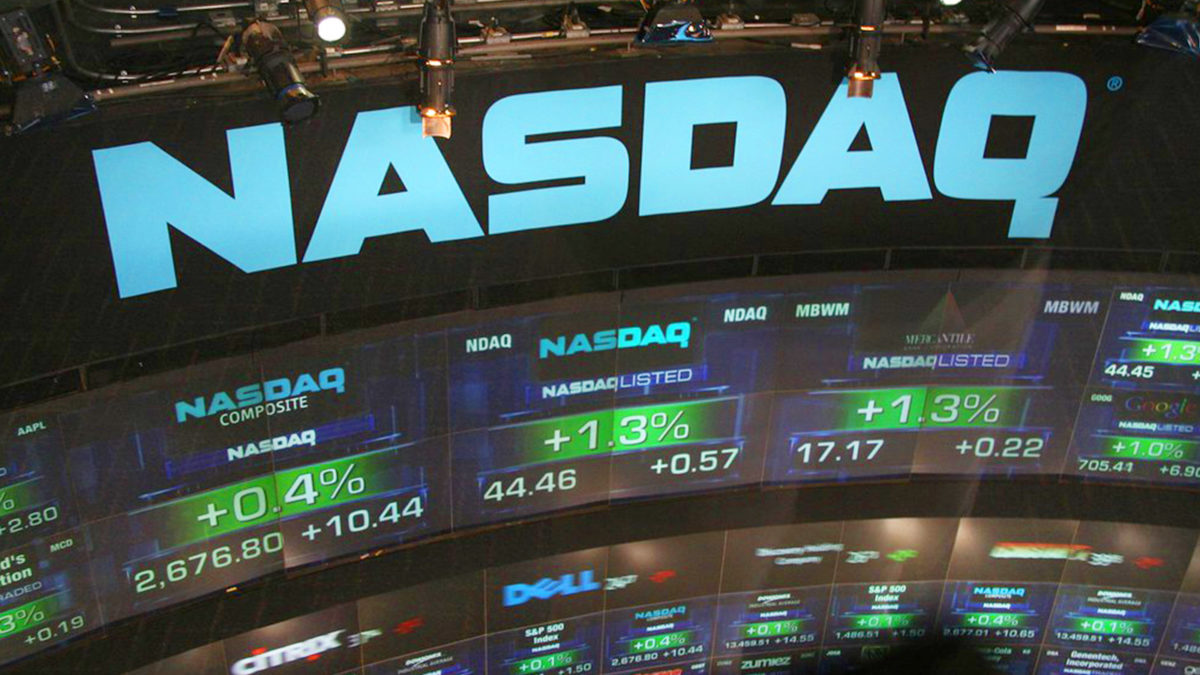Benchmark performance: the real passive winners
Global index providers saw an aggregate year-on-year revenue increase of almost a quarter in 2021 as demand for passive products, notably exchange-traded funds (ETFs), soared over the period, according to a new study by Burton-Taylor International Consulting.
The Burton-Taylor analysis found benchmarkers banked a record US$5 billion last year as income in the sector rose more than 23 per cent. During the five-year period to the end of 2021 the indexing business reported an average compound annual growth rate of almost 12 per cent, the study says.
“Index industry revenues increased across all revenue segments in 2021, with asset-based fees rising representing 51% of total and subscription fee revenues comprising 39% in 2021, while other index revenues (non-recurring transaction revenue and revenue from index licensing for use with derivatives, OTC [over-the-counter] contracts, and structured products) take up the remainder,” the report summary says.
While the study took in at least a dozen index providers, Burton-Taylor says the top three firms – MSCI, FTSE Russell and S&P Dow Jones Indices – accounted for about two-thirds of the sector revenue.
Despite the big-three dominance, the study says seven providers claim “year over year growth greater than 15% in 2021, illustrating how strong demand supported the entire industry”.
Both environmental, social and governance (ESG) products and other thematic index funds reported strong flows last year but standard share benchmarks kept their mainstream status, accounting for two out of every three dollars captured by providers, the report says.
In a statement, Robert Iati, Burton-Taylor managing director, said both market volatility and a surge in demand for ESG funds bolstered indexer revenue last year.
“Index providers continued to see strong growth in 2021, as they expand their offerings to facilitate market demand, with extension in thematic, factor, and ESG indices leading the way,” Iati said.
Figures from the Index Industry Association (IIA) published last October noted a more than 43 per cent year-on-year increase in the number of ESG benchmarks over 2021 following a 40.2 per cent spike during the previous annual period.
“The growth in ESG-related indexes confirms the findings of the IIA’s ESG survey earlier this year, which found that 85% of asset managers consider ESG a high priority for their companies and anticipate the proportion of ESG assets in their portfolios to rise from an expected 26.7% in twelve months’ time to 43.6% in five years’ time,” an IIA release said at the time.
Overall, the IIA survey indicates the sector now represents about 3.2 million indices after a 5 per cent increase last year on the back of a 3 per cent jump in 2020.
But the 2021 index total is still well below the 3.73 million high reported in the 2018 IIA survey: by 2019 the figure had dropped to 2.96 million.
“While this represents a 20% decrease since last year’s analysis, it appears the lower number is due to the decommissioning of indexes, a process which occurs every year to ensure indexes are not redundant,” a 2019 IIA statement says. “Previously, this has been offset by the addition of new indexes, but there were a large number of decommissions in both equities and ‘other’ categories in the past year.”
As well as the top three providers, the Burton-Taylor survey covers other indexers including Nasdaq, STOXX, Bloomberg, Alerian, Intercontinental Exchange, Solactive, Morningstar, CRSP and SIX.
Burton-Taylor is part of the TPICAP group that features an array of financial services businesses such as Liquidnet and ICAP.











